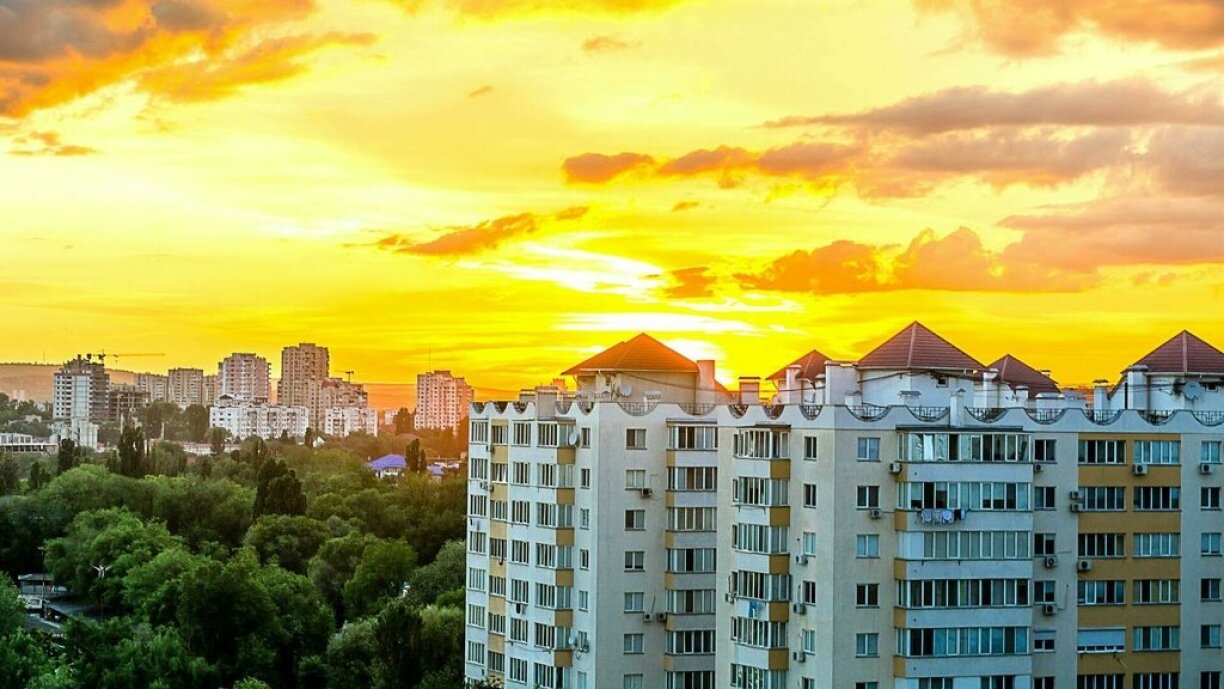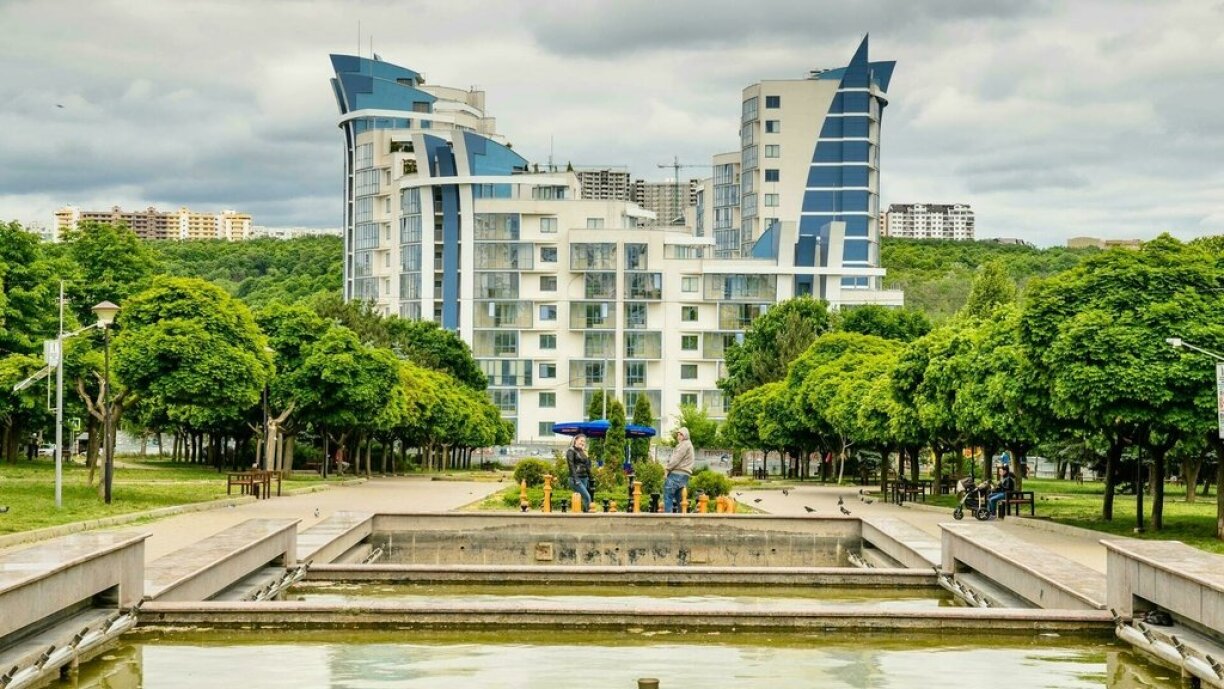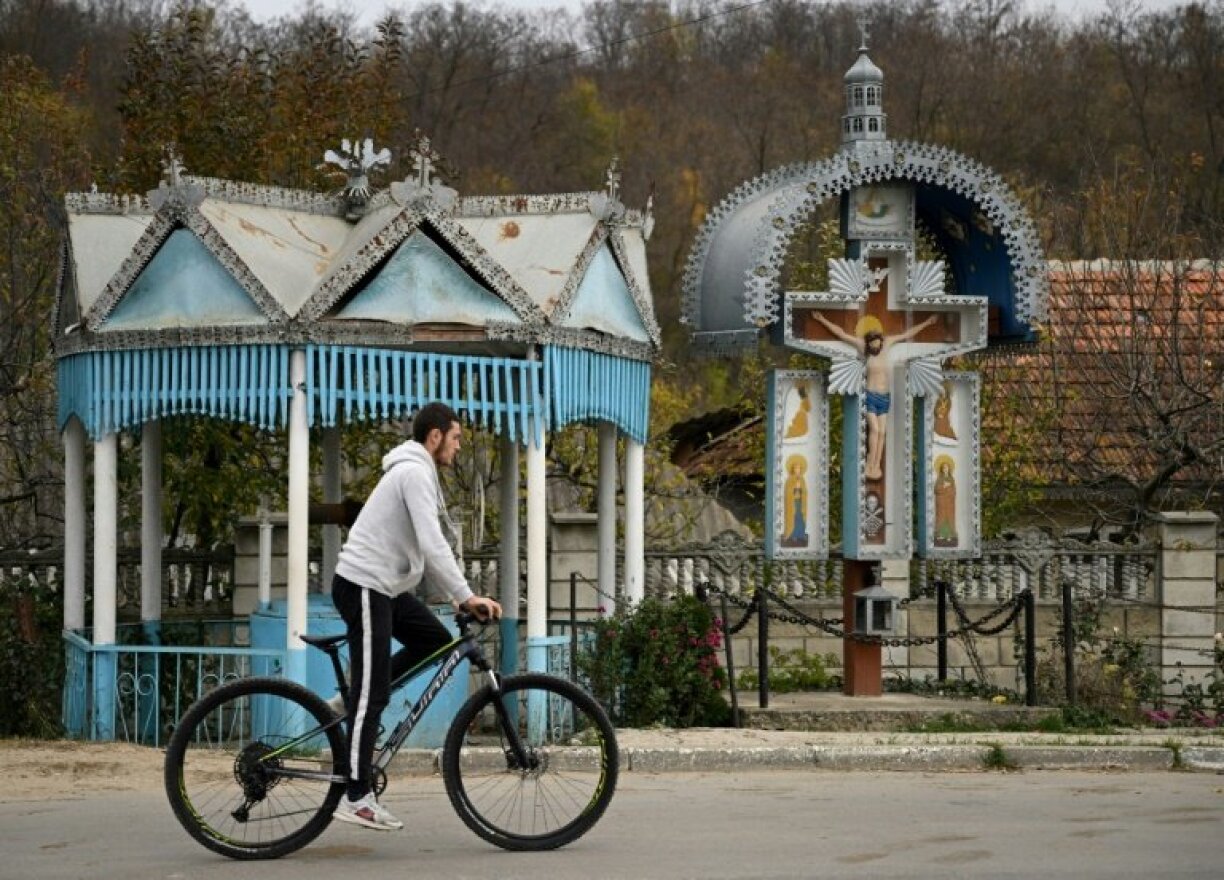
After exploring Andorra, Slovakia and Albania, our Alternative getaways series now takes us further into Eastern Europe to Moldova – one of the continent’s few countries still considered to be a well-kept secret.
Despite its modest size and low profile, Moldova, nestled between Romania and Ukraine, offers a wealth of experiences, from culinary delights to rich culture and unspoiled nature.
Moldova’s appeal lies not only in its tranquillity and authenticity, but also in its long-standing wine tradition. Home to just 2.6 million people, the country boasts over 120 officially recognised wine producers and is often dubbed “Europe’s unknown wine republic”.
The underground wine cellars of Mileștii Mici and Cricova are particularly striking. Mileștii Mici, with over 200 kilometres of tunnels, holds the title of the world’s largest wine cellar, while Cricova is famed as “the city under the city” for its remarkable architecture. Visitors can drive through the underground streets by car or tourist train, sampling a variety of wines along the way.
No glass of wine is complete without a traditional dish, and Moldova does not disappoint in this regard. Mămăligă, a polenta-like cornmeal dish, is served almost everywhere, often with cheese, sour cream or meat.
Cabbage rolls and homemade pastries filled with vegetables, cheese or meat are equally popular, all lovingly prepared and deeply rooted in rural tradition.
History enthusiasts will tell you that Orheiul Vechi is unskippable. This striking monastery complex, built directly into the rock above the Răut River, ranks among Moldova’s most significant cultural landmarks. The site features religious buildings, remnants of prehistoric cultures, medieval settlements and spiritual artefacts dating back thousands of years.
Beyond its cultural heritage, Moldova offers abundant natural escapes. The Plaiul Fagului beech forest reserve in the West of the country is an ideal retreat for hikers and nature lovers.
Visitors can learn more about the region’s biodiversity while enjoying the slow, nostalgic pace of Moldovan rural life. The area remains quiet and unspoiled, perfect for mindful moments in nature.
The capital of the country, Chișinău, blends monumental Soviet-era architecture with a buzzing young arts scene. Expansive squares and imposing buildings stand alongside lively cafés, alternative galleries, and creative studios.

Each October, the city hosts the National Wine Festival, a highlight of the cultural calendar – the festival features dancing, music, food and tastings from more than 70 national wine producers. The celebration underscores wine’s deep connection to Moldova’s national identity.
Moldova has set ambitious goals for sustainable tourism. In 2025, more than 400 kilometres of signposted hiking and cycling routes were opened, linking regions and supporting biodiversity. Local projects, organic farming initiatives and partnerships with international tourism organisations signal the country’s commitment to developing tourism while preserving authenticity.

Moldova remains a destination for travellers eager to explore Europe’s hidden corners. With its world-class wine cellars, rich traditions, scenic landscapes and affordable prices, it offers something for every visitor – from connoisseurs and history buffs to nature enthusiasts. Rather than relying on mass tourism, Moldova quietly captivates with its honesty, calm, and originality.
Alternative getaways (1) Andorra – small country, big adventures
Alternative getaways (2) Slovakia – nature, culture, and enjoyment in the heart of Europe
Alternative getaways (3) Albania – authentic, unspoilt, and turquoise waters
Alternative getaways (5): Poland – cultural treasures, hearty cuisine, and natural beauty
Alternative getaways (6): Liechtenstein – extraordinary nature and culture in just 160 km²
Alternative getaways (7): North Macedonia – the hidden gem of the Balkans
Alternative getaways (8): Belgium – more than shopping and beaches
Alternative getaways (9): Romania – welcome to Count Dracula’s?!
Alternative getaways (10): Malta – Mediterranean island with old-world charm